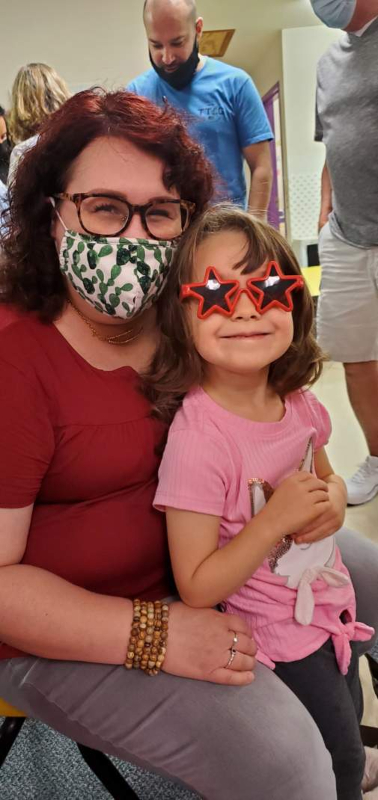As many of you know, I recently spent two months at a treatment center for eating disorders. Here’s a little update on how things are going.
The Dreaded Meal Plan
I am still following a meal plan because my hunger and satiety cues have not yet returned making it impossible to eat intuitively. Some days it is really difficult to follow my meal plan. I want to sleep in instead of eat breakfast. I have to eat every couple of hours and sometimes it is just too much. I have a journal where I keep track of everything I eat including what I skip. I just have to keep reminding myself that this isn’t forever.
The Journals
I wrote a lot while I was in treatment – six journals worth to be exact. I’m now going through and typing out the journal entries. Sometimes it’s really hard to read. I was in a bad place and treatment was really difficult – gut-wrenching even. Other times it’s empowering to read. I’ve come a long way. I can’t wait to get the journals typed out and get organized but it’s going to take a long time. Like I said, I wrote a lot. I am trying to type out one entry a day and so far I’m only on journal #3.
The Family
I am so lucky. I have lots of family support. My dad is always willing to help out and my husband is so patient. My whole family is happy that I’m home and healthy. At first, I was paranoid that everyone was watching me while I ate, but last Friday we had a family dinner at my dad’s house and I was able to relax and enjoy the meal and company.
The New Hobby
I started experimenting with cooking while I was in treatment – something I never really did in the past. The first dish I made was coconut chicken curry and it has now become one of my favorite meals. I love trying to make new recipes and I’ve bought so many new pans and utensils. My dad’s girlfriend came over and helped me reorganize my kitchen to make cooking easier for me.
The New Life
I was very sick when I went to treatment – mentally and physically – and I am so grateful to be healthy. I feel great. I’m back to my routines at home and work but it’s definitely a new normal. I need to stay on track but also give myself grace. Recovery is an ongoing journey, not an endpoint, and I will be dealing with this for the rest of my life.
The Request
I need new things to try! Please show me your favorite recipes!

